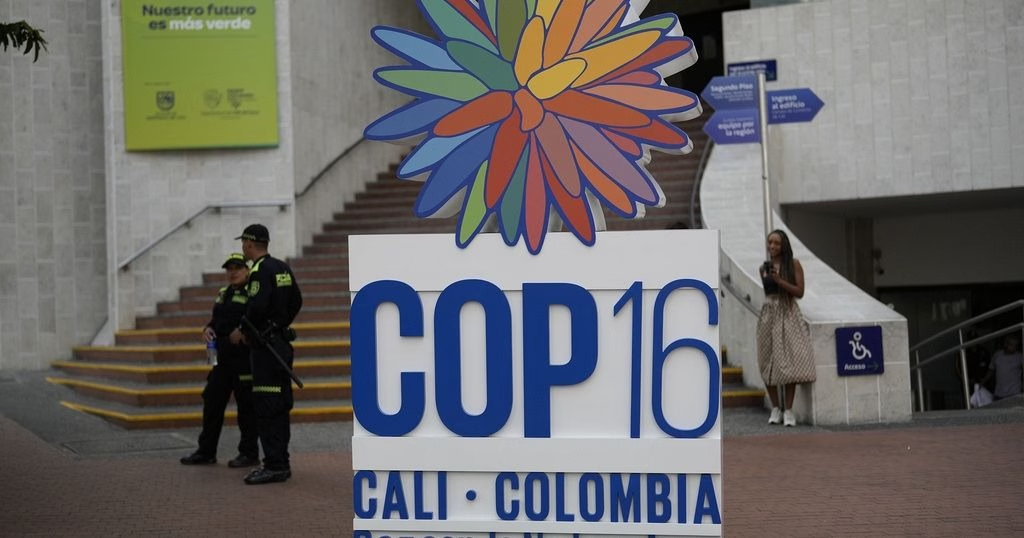
During its previous meeting in Cali, Colombia, in November 2024, the conference made significant progress, but time ran out before completing all discussions.
Georgina Chandler, from the Zoological Society London, explained, “The talks in Colombia didn’t conclude due to a lack of time, particularly regarding the finance agenda. Disagreements led to long debates, and eventually, governments had to depart, resulting in insufficient attendance to reach an agreement.”
A key focus of the talks in Rome will be to adopt a financial plan aimed at securing $200 billion annually by 2030.
These funds would be utilized for biodiversity protection and conservation efforts globally.
As of now, 11 countries and the Government of Quebec have pledged a total of $400 million in support.
Redirecting environmentally harmful subsidies is another significant goal for the second part of the conference.
With biodiversity in a critical state worldwide, achieving these objectives is more pressing than ever.
“Biodiversity is essential for life on Earth. It’s the foundation for everything we need: the air we breathe, the food we eat, and the water we drink. Healthy ecosystems, including the microorganisms in the soil and the wildlife that maintain reproduction and pollination processes, are vital,” stated Linda Krueger, director of biodiversity and infrastructure policy for The Nature Conservancy.
“In essence, our survival depends on biodiversity,” she emphasized.
According to the World Wildlife Fund and the Zoological Society of London’s 2022 Living Planet report, global wildlife populations have decreased by an average of 73% over the last 50 years.
Source: http://www.africanews.com/2025/02/25/cop16-un-biodiversity-conference-resumes-work-in-rome/






